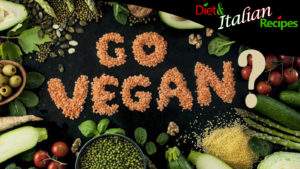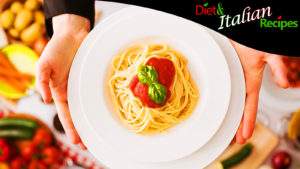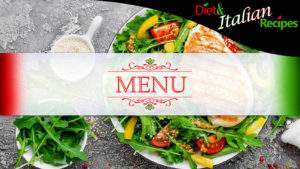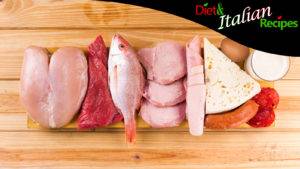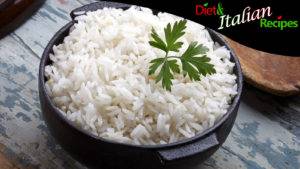Gastritis is an inflammatory condition of the stomach that can cause pain and discomfort. To alleviate symptoms and prevent pain, it is important to follow a gastritis diet that includes recommended foods and foods to avoid. The gastritis diet should be targeted to alleviate symptoms and prevent acute, chronic, nervous, or erosive forms. What to eat with gastritis? What are the foods to avoid with gastritis? If you are not familiar with the right foods to consume, it becomes more difficult to recover from acute pain and there is a risk of not adequately nourishing the body. Here are therefore the recommendations for a gastritis diet and the foods to avoid to feel better immediately.
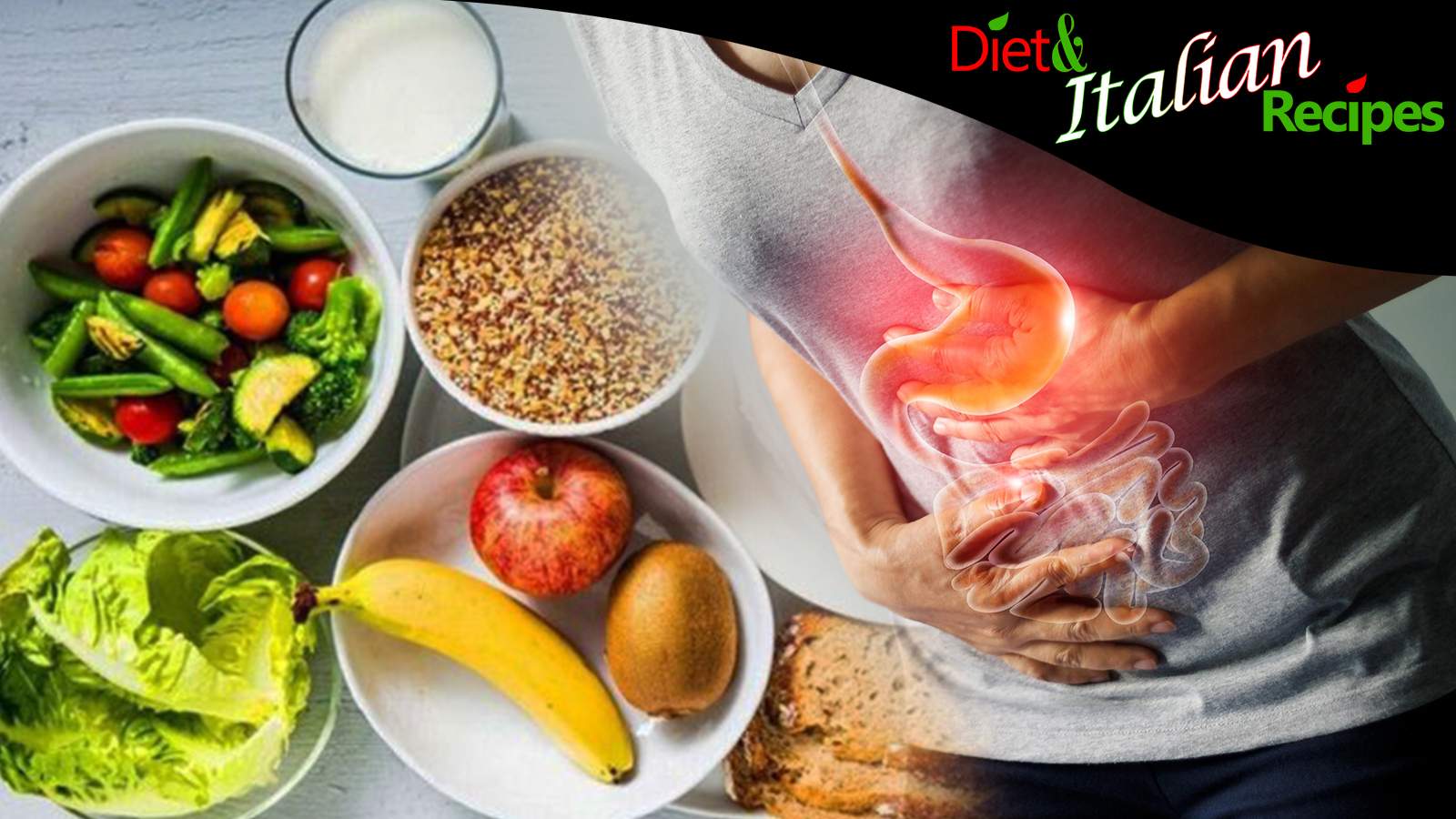
Diet against gastritis: what to eat and foods to avoid to fight symptoms
Gastritis can cause intense and sharp pains, making it difficult to have an appetite. To nourish yourself and feel better, it is important to follow a diet against gastritis that includes recommended foods and foods to avoid. The gastritis diet should be targeted to soothe symptoms and prevent acute, chronic, nervous, or erosive forms. What to eat with gastritis? Recommended foods are those that are easy to digest, such as grains, legumes, fresh cheeses, yogurt, skim milk, lean fish, lean meat, and vegetables. Additionally, it is important to choose well-cooked bread, crackers, and toast, seasonal vegetables, and dress with raw extra virgin olive oil. For snacks, it is advisable to prefer non-acidic fresh fruit and not skip snacks to avoid prolonged fasting. By choosing the right foods with gastritis, you can adequately nourish the body and prevent pain.
To prevent gastritis, it is important to avoid overeating and reaching gastric fullness, especially in the evening. Additionally, it is important to avoid carbonated and acidic drinks, acidic fruits, and irritants such as smoking, alcohol, caffeine, and theine, spices, and try to reduce stress. The key to preventing gastritis is a balanced diet and a healthy lifestyle, avoiding foods and beverages that can irritate the gastric mucosa.
To prevent gastritis, it is important to avoid certain foods that can irritate the gastric mucosa. Among the foods to avoid, we find: large portions, fatty meat, processed meats, hamburgers, aged or fermented cheeses, and all canned products. These foods can cause stomach inflammation and worsen gastritis symptoms.
In summary, for gastritis, easily digestible foods, dry foods, vegetables dressed with oil, and non-acidic fruits are recommended, while fasting and large portions should be avoided. All other foods are not recommended when feeling unwell and experiencing symptoms, and spices, indulgences, and stress should also be avoided.
The cooking method of foods is essential to prevent and counteract gastritis. The recommended cooking methods to benefit from a healthy diet against gastritis are: steaming, boiling, baking in foil, and gentle stovetop cooking. These cooking methods are less aggressive to the gastric mucosa, preserving the nutrients of the foods and being easy to digest, while more aggressive cooking methods like frying or grilling can irritate the gastric mucosa and cause inflammation. It is important to avoid eating foods cooked by grilling, sautéing, frying, or overcooking. Eating slowly can also help prevent gastritis.
Symptoms and quick remedies for acute, chronic, nervous, and erosive gastritis
Gastritis is an inflammation of the gastric mucosa that can occur in various forms, such as acute, chronic, erosive, and nervous gastritis. To effectively treat gastritis, it is necessary to understand the type of gastritis one is suffering from, as the inflammation can be:
- Acute: It is caused and aggravated by the ingestion of spicy, overly protein-rich and fatty foods, alcohol, smoking, coffee, and NSAIDs.
- Chronic: It is caused by the Helicobacter pylori bacterium.
- Nervous: It is partly caused by psychosomatic variables.
- Erosive: It is typically acute but can also be subacute or chronic and even asymptomatic. It is distinguished from other forms of gastritis because it causes erosion of the gastric mucosa due to damage to mucosal defenses.
Gastritis can cause symptoms such as heartburn, loss of appetite, intestinal disturbances, abdominal cramps, bad breath, and vomiting. To begin treating gastritis promptly, it is important to identify and remove the cause of inflammation. Additionally, reducing food portions and taking a gastroprotective medication is necessary. The attending physician, after making a diagnosis, may also prescribe an antacid to relieve acute symptoms, proton pump inhibitors, or an antibiotic against Helicobacter pylori. It is important to follow the instructions of the attending physician and adopt a healthy diet and lifestyle to manage symptoms and prevent gastritis.
Once one’s condition has stabilized, it is possible to support the therapy prescribed by the doctor by following a diet to permanently cure gastritis.
SHARE the Gastritis Diet: What to eat and foods to avoid.
The information provided in the Diet and Italian Recipes articles is for INFORMATION ONLY and does not intend to replace the opinion of professional figures such as a doctor, nutritionist, or dietitian, whose intervention is necessary for the prescription and composition of personalized dietary therapies.


